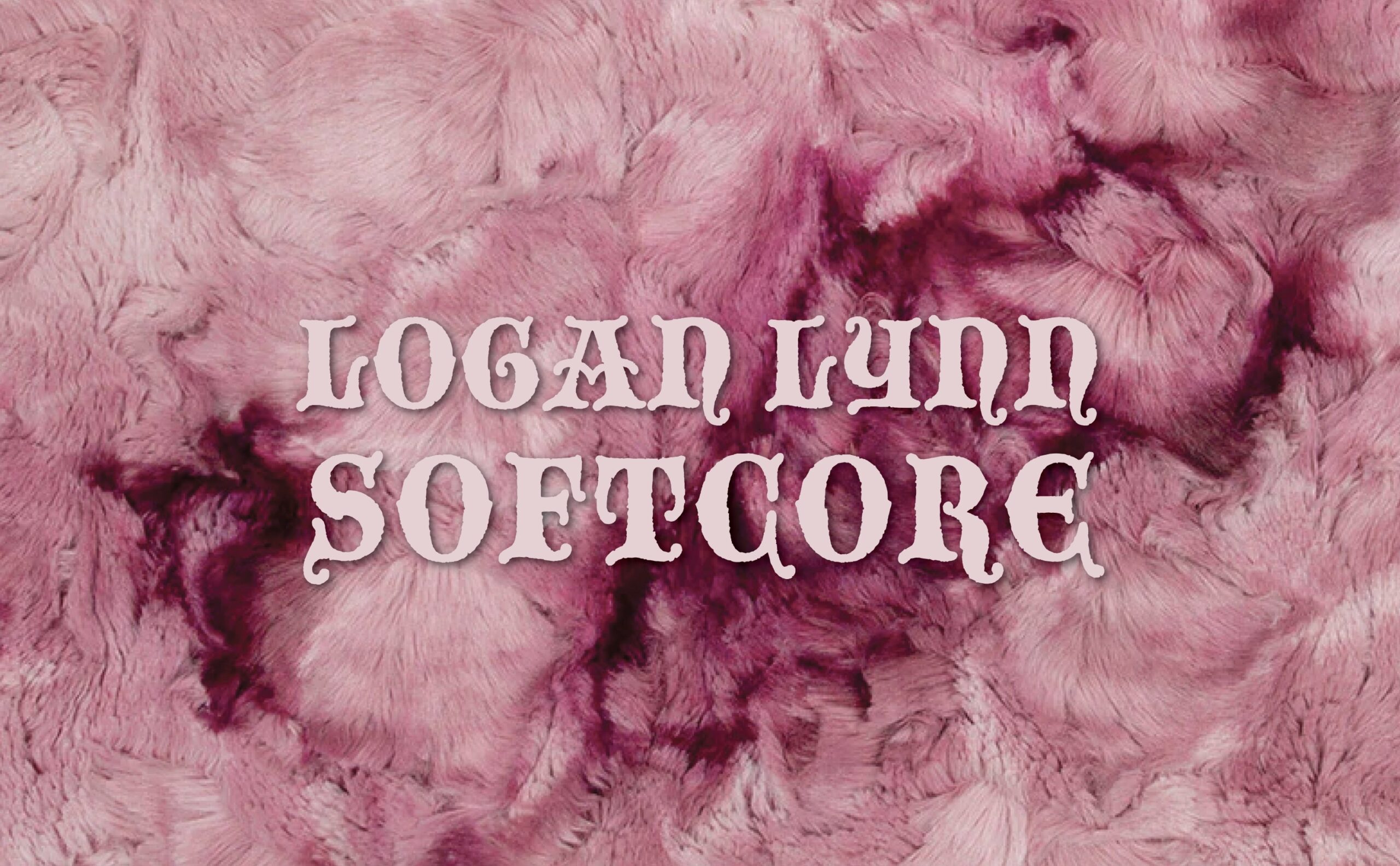Apr 21, 2012
Logan Lynn: Bullied to Death in America
(Originally Published on The Huffington Post on 4/18/2012)
I went to see filmmaker Lee Hirsch‘s new documentary, Bully, this past weekend, and even now, days later, I still find myself deeply affected. When I say that, I’m speaking not so much about the film (although it was beautifully made and completely moving) but to the extreme heartache I have felt since watching it. I started sobbing about 30 seconds into the movie and didn’t really stop until the following morning. I cried for the parents who have lost their children to bullying, I cried for the bullied subjects in the film, and I cried for myself, having gone through an amplified version of all of this years ago.
Yesterday, after reading reports of yet another 14-year-old queer kid being bullied to death in America, this time in Iowa, the feeling turned once again from sadness to anger. My own growing-up-gay-in-the-Midwest story reads like some sort of fucked-up textbook for how LGBT kids come into the world, how we maneuver through, and often how we go out. The torture I suffered at the hands of my peers as a closeted child and then as an out teenager is one that is shared by many in the community. In reality I was quite lucky to have survived back then, although I almost didn’t survive the years that followed.
I took in violence as a young man like a sponge takes up water. It came in many forms, but I always did the same thing with it: I absorbed it and made it part of me, every mean thing anyone ever called me believed, every punch thrown my way shaped into my being. I spent years reacting to other people’s hate in a variety of colorful ways, living out the disappointment of everyone who had ever known me in real time. I was driven by uncontrollable rage, crippling fear, and a sense of mourning for the person everyone else thought I should be but whom I knew I would never become. Over time I grew used to the abuse, said goodbye to my sweetness, and let the violence take me over.
Even as an adult I am still dealing with this very old idea about myself and a world that says that I am nothing; that I somehow deserve to taste blood in my mouth, because I am not actually a person; that I need to hide in order to stay alive. To this day, when I encounter homophobia, my first reaction is often to fight; sometimes the motivation is to protect myself or the man I love, but sometimes it’s because I just want to see that look of surprise on the face of some mouthy jock who didn’t expect this particular weak, pussy-faggot to be scrappy and fight back. I’ve spent countless hours in therapy working on this very thing, but having spent my formative years defending myself both physically and emotionally, it’s sometimes hard to turn that survival reflex off.
Just this past weekend, as we walked by a group of meathead bro-dudes with tribal tattoos and spray tans, one of them mocked what I had said to my boyfriend as we passed, only he did it in full-blown sissy voice. I stopped. My initial instinct was to pull my keys out of my pocket, throw them at the back of his head, and scream something insane at him as I charged them from behind, but I chose instead to tell my boyfriend about what I felt like doing, did my best to shrug it off, and we kept on walking in the opposite direction. A few years ago this would have ended very differently for both of us. It’s no surprise, though. Bullies have been driving sweet, gentle queer kids to anger and violence for ages.
No one should be made to feel in danger or tortured by others at any point in their life. This is not some “rite of passage.” I believe we have an immediate responsibility as a people to take care of our young, no matter what our individual beliefs are about sexual orientation or gender. I encourage you to watch Bully as a first step, and to seek out ways of getting involved in making a difference for young people (particularly LGBT youth and young adults) in your community. Saying “kids will be kids” and dismissing the violence is too easy. So long as we turn a blind eye to the people who need us most, we will continue to have their blood on our hands. Together we can stop this. Nothing is ever as hopeless as it seems.
Watch the Bully trailer:
For ideas on how you can help put an end to bullying, visit stopbullying.gov.
For a youth help line, visit 121help.me.

